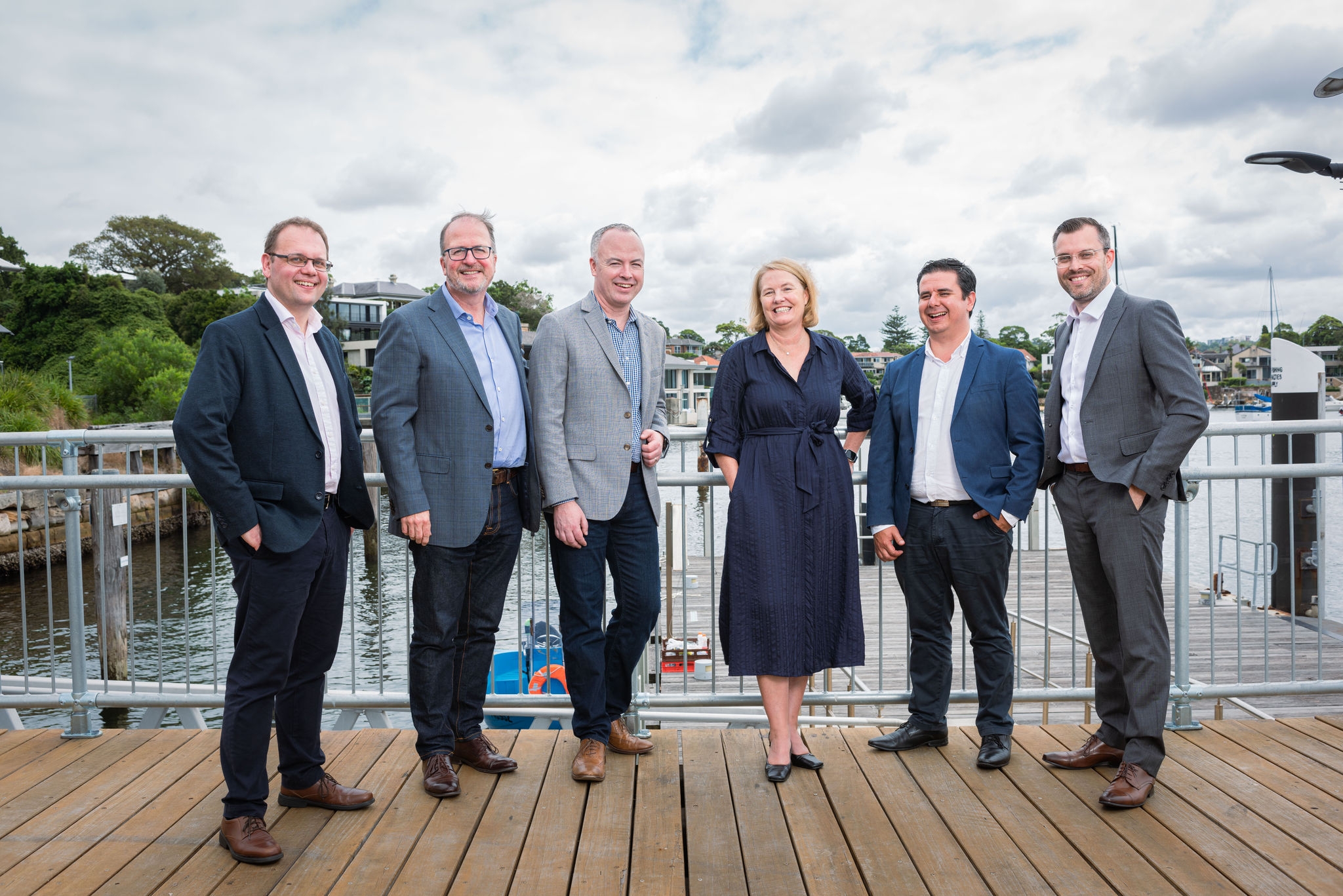Today the Royal Commission published a commissioned report titled Outcomes associated with ‘inclusive’, ‘segregated’ and ‘integrated’ settings for people with disability.
The report concludes that people with disability will only be able to live lives free from violence, abuse, neglect and exploitation in settings where social inclusion is achieved.
Conducted by researchers from the University of Melbourne, the report examined what can be done to promote a more inclusive society that supports the independence of people with disability and their right to live free from violence, abuse, neglect and exploitation.
The research focused on three categories of settings:
accommodation and community living
education, and
employment.
Questions posed by the Royal Commission in the report include:
What constitutes good inclusive practice, and are there examples of these working?
What are the safety and quality outcomes for people with disability of settings generally identified as inclusive or segregated?
What are the essential requirements for services to succeed in ensuring the safety of people with disability and quality in their everyday life?
The report identifies that:
Inclusion needs to be enabled and fostered at a macro level including in policies, service provision and the ways in which communities are organised and structured.
Issues of stigma, discrimination and often low expectations that arise from biases need to be addressed.
Inclusion is most evident where an individual feels welcome, knows they are safe, and where their voice is heard and acted upon.
A panel of 14 experts from across Australia and overseas were consulted in the production of this research report, eight of whom had lived experience of disability.







